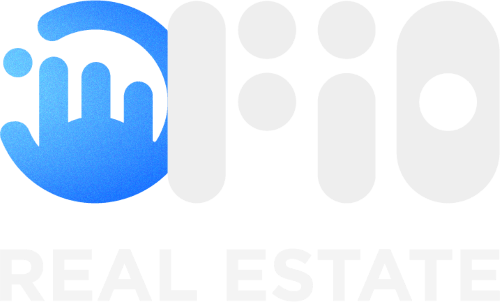The real estate industry has evolved significantly in recent years, with an increasing emphasis on sustainability and eco-friendliness. As climate change concerns grow and individuals become more environmentally conscious, eco-friendly real estate options are gaining popularity. These options not only reduce the carbon footprint of properties but also offer long-term financial benefits and a healthier lifestyle. Let’s look at some eco-friendly real estate options and their advantages that may lead to a more sustainable future.
1. Energy-Efficient Homes
These properties are designed to consume less energy, resulting in reduced utility bills and a lower environmental impact. Key features of energy-efficient homes include:
- High-quality insulation and weather sealing to minimise heat loss.
- LED lighting and energy-efficient appliances.
- Renewable energy sources like solar panels.
- Smart home technology for dynamic energy management.
2. Sustainable Communities
Eco-friendly real estate goes beyond individual properties; it can even include entire sustainable communities! They offer:
- Access to public transportation and bike lanes to reduce car dependency.
- Green spaces, parks, and community gardens.
- Water conservation and management systems.
- Environmentally conscious waste disposal and recycling programs.
- Education and awareness initiatives on sustainable living.
3. Net-Zero Homes
Net-zero homes are a growing trend in eco-friendly real estate. These homes generate as much energy as they consume over a year. They use:
- Solar panels and other renewable energy sources.
- Advanced energy-efficient technologies.
- Energy storage solutions, such as batteries.
- Improved insulation and design to minimise energy loss.
4. Passive House Design
Passive house design, originating in Germany, focuses on minimising a building's energy consumption through smart design and efficient materials. Key elements of passive houses include:
- Superb insulation and airtight construction.
- High-performance windows.
- A mechanical ventilation system with heat recovery.
- Reduced reliance on active heating and cooling systems.
- Excellent indoor air quality.
5. Adaptive Reuse
Adaptive reuse is a sustainable real estate practice that involves repurposing existing structures, such as old factories, warehouses, or schools, into residential spaces. This approach not only preserves historical and cultural assets but also reduces the need for new construction and minimises waste.
6. Green Roofs and Vertical Gardens
Green roofs and vertical gardens are becoming increasingly popular in urban real estate. Green roofs involve planting vegetation on the roof of a building, which offers numerous benefits, including improved insulation, reduced stormwater runoff, and enhanced aesthetics. Vertical gardens, also known as living walls, are composed of plants and are installed on the sides of buildings, providing similar benefits.
In conclusion, eco-friendly real estate options are essential for a sustainable and environmentally responsible future. They not only reduce energy consumption, lower operating costs, and promote healthier living but also contribute to the global effort to combat climate change. If you're in the market for a new home or considering real estate investments, explore these eco-friendly options and join the movement towards a greener and more sustainable world with Fio Real Estate.
